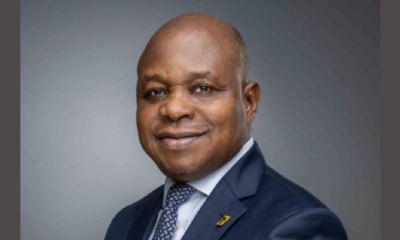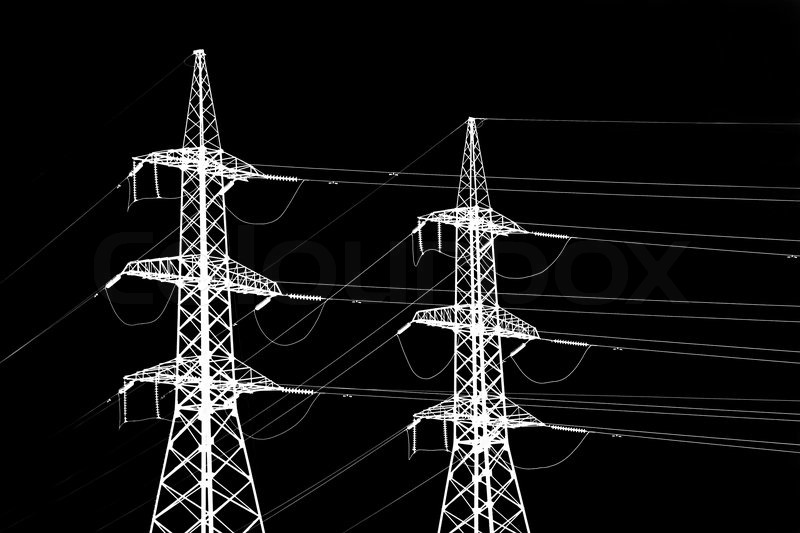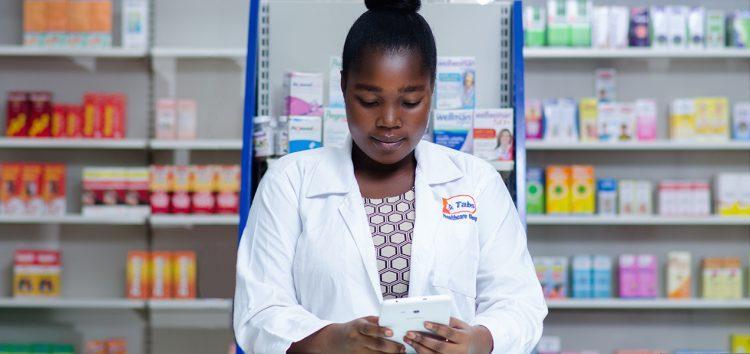The federal government has disbursed N260 billion to the 36 states to revitalise primary health centres (PHCs).
This initiative, announced by Muhammad Pate, the Coordinating Minister of Health and Social Welfare, will improve healthcare accessibility and quality for all citizens.
During a ministerial sectoral update organized by the Ministry of Information and National Orientation on Friday, Pate emphasized the urgency and importance of this investment.
“N260 billion is sitting right now at the state level for the revitalization of their primary healthcare centres,” he stated, highlighting the immediate availability of funds for this crucial sector.
The fund, part of which is sourced from the Basic Healthcare Provision Fund, is intended to upgrade and equip up to 17,000 primary healthcare centres nationwide.
This ambitious target aims to significantly improve the quality of healthcare services available to Nigerians, particularly in rural and underserved areas.
Pate noted the government’s strategic focus on primary healthcare as the foundation of a robust health system.
“Our goal is to ensure that every Nigerian, regardless of their location, has access to quality healthcare services. By revitalizing these primary health centres, we can provide essential health services closer to the people, thereby reducing the burden on tertiary healthcare facilities.”
The minister also pointed out that this financial injection would address several challenges faced by the PHCs, including inadequate infrastructure, lack of essential medical supplies, and insufficient staffing.
“This funding will enable states to renovate existing facilities, procure necessary medical equipment, and employ additional healthcare workers to meet the increasing demand for healthcare services,” Pate explained.
The disbursement of these funds is part of a broader strategy to strengthen Nigeria’s health system, which has faced numerous challenges in recent years, including the impact of the COVID-19 pandemic.
The revitalization of PHCs is seen as a critical step in achieving universal health coverage and improving health outcomes for all Nigerians.
Stakeholders in the healthcare sector have welcomed the government’s initiative, calling it a timely intervention that could transform the country’s healthcare landscape.
“This is a significant milestone for Nigeria’s healthcare system. The revitalization of primary health centres is essential for achieving sustainable health improvements and ensuring that every Nigerian has access to basic healthcare services,” said Dr. Adeyemi Adeniran, a public health expert.
The successful implementation of this initiative will require close collaboration between the federal and state governments, as well as active participation from local communities.
The Ministry of Health and Social Welfare has pledged to monitor the utilization of the funds to ensure transparency and accountability.
As the government embarks on this ambitious project, the hope is that it will not only enhance healthcare delivery but also build a resilient health system capable of addressing current and future health challenges.
With the N260 billion disbursement, the federal government has taken a significant step towards achieving this goal, reaffirming its commitment to the health and well-being of all Nigerians.

 Naira4 weeks ago
Naira4 weeks ago
 Naira3 weeks ago
Naira3 weeks ago
 Naira3 weeks ago
Naira3 weeks ago
 Naira3 weeks ago
Naira3 weeks ago


 Naira3 weeks ago
Naira3 weeks ago




 Naira2 weeks ago
Naira2 weeks ago


 Appointments2 weeks ago
Appointments2 weeks ago
 Jobs4 weeks ago
Jobs4 weeks ago










